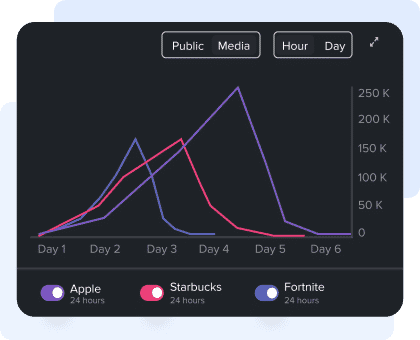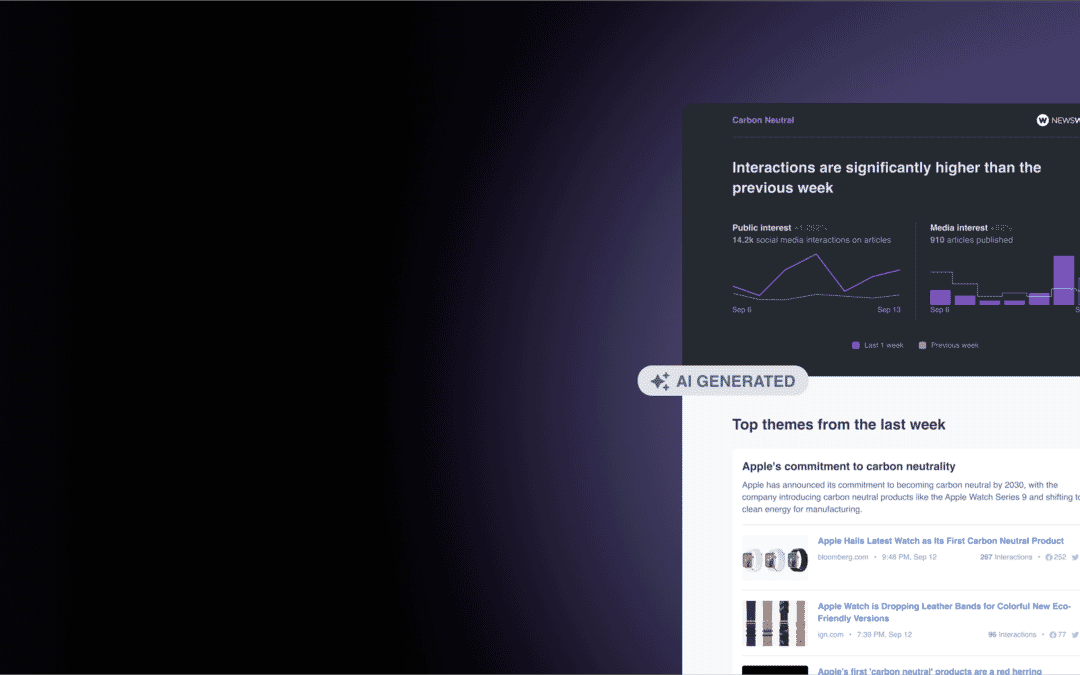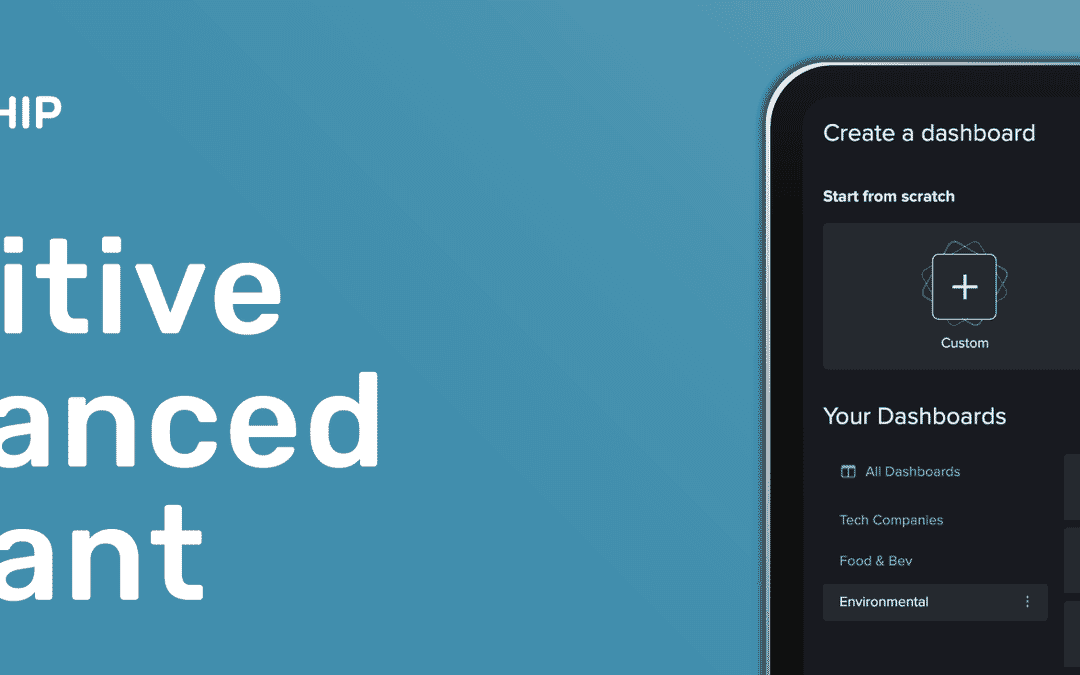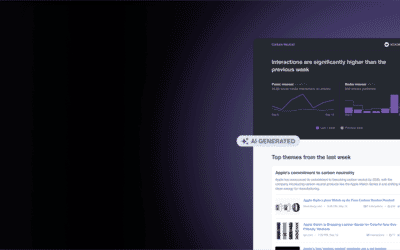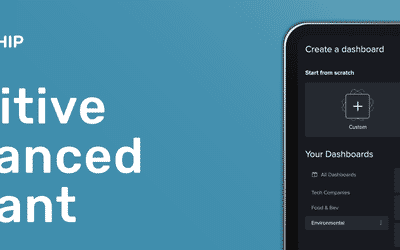Novak Djokovic, one of the world’s top tennis stars, has recently found himself in hot water after being denied entry to Australia due to his vaccination status. Djokovic was traveling to Melbourne on January 5th in order to defend his Australian Open title and win a record breaking 21st Grand Slam trophy.
Djokovic, a known critic of vaccinations, was granted a medical exemption by Tennis Australia, but the Australian Border Force denied his entry, claiming that the exemption was not in line with his visa. Australian PM Scott Morrison further confirmed the news on Twitter, stating that “rules are rules.” Djokovic and his team have since filed an appeal and won the case in court.
Mr Djokovic’s visa has been cancelled. Rules are rules, especially when it comes to our borders. No one is above these rules. Our strong border policies have been critical to Australia having one of the lowest death rates in the world from COVID, we are continuing to be vigilant.
— Scott Morrison (@ScottMorrisonMP) January 5, 2022
The news has sparked controversy worldwide, with both skepticism and support being thrown at the tennis ace. The biggest stories come in terms of Djokovic’s reputation, as many prolific, and oftentimes contentious, public figures have come to his defense. On the other hand, the general public seemed to be supportive of the deportation, as it reinforced the idea that nobody, not even the world’s best tennis player, is above the law.
Not only is Djokovic’s reputation in limbo, but so are the international relations between his homeland of Serbia and Australia. Serbian President Aleksandar Vučić promised to “fight for Djokovic” and that “the harassment of the world’s best tennis player will come to an end immediately.”
We’ve monitored how the situation has spread on socials, looking in-depth at the media and public’s reaction to Djokovic, and how this debacle may have damaged the tennis player’s reputation in the long run.
Media and Public interest to articles about Djokovic

In the past week, news about Djokovic’s travels has generated a total of 6.21 million interactions. With 43.7k articles and counting, this story has been a constant in the global news sphere.
Media interest has stayed consistent, with thousands of articles being released each day as the situation evolves. Public interest has remained high as well, only taking a slight dip between the 8th and 9th while Djokovic awaited a decision. Once it was confirmed that Djokovic had won his case and was further reinstated into the tournament, public interest soared, reaching a total of 1.13 million interactions on January 10th.
Top stories about Djokovic

The top articles about Djokovic covered every step of his Australian journey since news and information was fast-changing as the days went on. BBC UK had the top article, as well as the most articles on the charts with four, garnering over 600k engagements.
The NY Times found themselves on the charts twice, once with an opinion piece that claimed Djokovic was “great at tennis, bad at science” that saw 47k interactions in just 4 days. The Daily Mail, Metro, 9 News, and ABC Australia all made the charts with various stories, ranging from Djokovic’s visa cancellation to his court trial win.
How the story spread across social media
Djokovic’s Australian stand-off is not the first time the Serbian player has been in the news for COVID related fallacies. Back in April of 2020, Djokovic faced criticism after hosting a tennis tournament that essentially became a super spreader event. Proper safety precautions were not followed, and a multitude of tennis players and officials worldwide commented on the lack of thought put into the event.
Since then, his reputation has plummeted downwards. But, across social media channels, many people came to the player’s defense. The story took a political turn, as right-wing celebrities went to Twitter to support Djokovic’s anti-vax status and decisions.
Popular right-wing American pundit Ben Shapiro sounded off on Twitter, earning 47.6k likes on his tweet calling the decision to ban Djokovic from the tournament “ridiculous.” Others, like Dr. Eli David, claimed Djokovic was being treated like a “terrorist.”
Vaccination will not stop the spread of omicron. It prevents hospitalization and death, particularly in those who are elderly and immunocompromised. So forcing Novak Djokovic, literally one of the healthiest people on the planet, to vaxx to play in the Aussie Open, is ridiculous.
— Ben Shapiro (@benshapiro) January 7, 2022
Whether he’s seen as an anti-vaccination hero or a selfish and entitled player, there’s no doubt that Djokovic’s reputation has spiraled this past week. As he now will play in the Australian Open under medical exemption, his character will be under constant scrutiny, and his decision to stay unvaccinated may be blamed for any COVID outbreaks.
Ultimately, Djokovic’s actions have led to what has become a classic case study in how reputation management can quickly spiral out of control, particularly when external factors begin to put the narrative in doubt, or when polarizing figures become involved in the discourse.
For more on how quickly a reputation can be impacted by negative press and public reaction, check out our blog about Formula 1.



